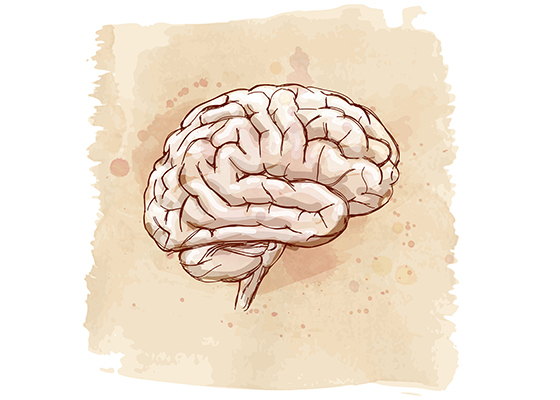KATE CROSBIE & HEIDI DOUGLASS | h.douglass@unsw.edu.au
Cerebral microbleeds (CMB) are associated with impairments in executive function and visuospatial ability in older Australians, according to findings from the Centre for Healthy Brain Ageing (CHeBA), UNSW Sydney. The study, published in Brain Imaging and Behaviour, examined the relationship between CMB and performance on neuropsychological tests in non-demented, community dwelling participants aged 70-90 years. Researchers examined test performance cross-sectionally and longitudinally over four years.
Lead author and CHeBA PhD student Dr Matt Paradise said the findings suggested a direct contribution of CMB to cognitive impairment, although no significant difference in dementia rates was observed.
“After adjusting for demographic and vascular risk factors, we found a significant association between CMB and poorer executive function and, over time, greater decline in visuospatial ability,” explained Dr Paradise.
CMB are small chronic brain haemorrhages, believed to be caused by structural abnormalities in the brain’s small vessels. They can be detected in vivo using magnetic resonance imaging (MRI), however their significance is still not well understood. While CMB are common in patients with cerebrovascular disease, CMB also occur in elderly subjects without cerebrovascular disease and are associated with advanced age.
The study found that presence of CMB was not associated with global cognition, other cognitive domains or increased progression to dementia. The decline in cognitive performance occurred independent of other markers of cerebrovascular disease.
Study co-author and Co-Director of CHeBA, Professor Perminder Sachdev said this study was one of few to specifically investigate impact of CMB on visuospatial function over time and that future research is needed to fully understand the effects on individual cognitive domains.
“CMB are an important independent predictor of specific cognitive impairments and should be included when considering the burden of cerebrovascular disease,” said Professor Sachdev.









